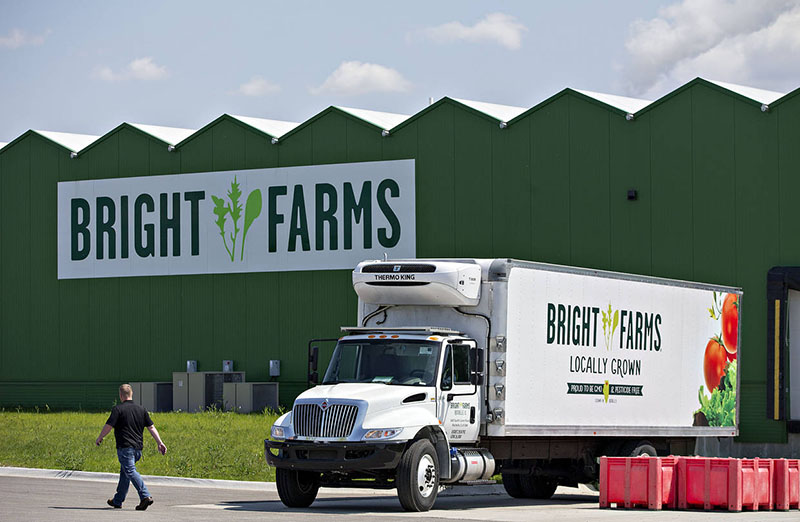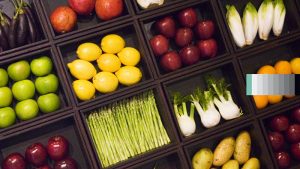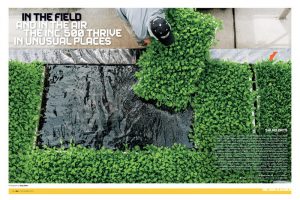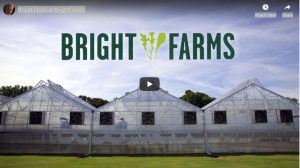Indoor farming specialist will use backing to expand a greenhouse network that grows produce close to metropolitan areas, reducing shipping costs
June 28, 2018: 10:00am ET
Indoor farming startup BrightFarms Inc.said Thursday it has raised $55 million in a new funding round to open more hydroponic greenhouses across the U.S. as it seeks to capitalize on rising demand for locally grown food.
The Irvington, N.Y.,-based company sells packaged lettuce and other salad greens to retailers including Kroger Co. , Walmart Inc. and Koninklijke Ahold Delhaize NV. The crops are grown in glass-roofed, 140,000 square-foot farms near metropolitan areas, a method the company says reduces freight costs and ensures a year-round supply of greens with a longer shelf life than lettuce trucked in from the West Coast.
American tastes are changing as consumers turn away from packaged products. Shoppers also increasingly want to know where their food came from, a factor thrown into sharp relief by contamination episodes like the deadly E. coli outbreak this spring linked to romaine lettuce, which rippled through the U.S. food supply chain.
BrightFarms is one of several startups looking to capture market share from conventional growers by raising crops indoors. They employ technology, including LED lights and temperature and moisture sensors, and typically use less water and land than traditional farms.
Many focus on lettuce and herbs, which have short growing cycles and do well in controlled environments. This week, for example, “vertical farming” operator Crop One Holdings Inc. announced a joint project with airline catering firm Emirates Flight Catering to build a $40-million facility in Dubai that the companies said will produce three tons of leafy greens a day.
Founded in 2011, BrightFarms has more than 120 employees and operates three farms in Bucks County, Pa., Culpeper County, Va., and Rochelle, Ill. It is opening a facility outside Cincinnati this summer in Wilmington, Ohio, and is about to begin construction on another in Abilene, Texas, that it expects to go online in early 2019. The company is also scouting out additional potential locations, including two in California, where much of the lettuce in the U.S. is grown.
“We’re taking a model that has already been proven in Chicago and Virginia, and replicating it in about 15 additional locations in the U.S.,” said Paul Lightfoot, the company’s chief executive. “Basically anywhere where there is a high population of salad-eaters, a good concentration of supermarkets, and where there is not a combination of high-heat and high humidity.”
Mr. Lightfoot declined to disclose annual revenue figures for BrightFarms. He said although the farms already operate “very profitably,” the company isn’t seeking profitability at the corporate level, and instead is focusing on growth.
The Series D round is led by Cox Enterprises Inc., the media, communications and automotive services company, which has spent more than $100 million to reduce its own environmental footprint and is now looking to invest in sustainable technology businesses. The round also includes funding from existing investors Catalyst Investors, WP Global Partners and NGEN Partners.
Companies across the food sector are grappling with increased transportation costs as rising freight demand outstrips the supply of available trucks. Not having to pay for long-haul trucking gives BrightFarms a cost advantage, said Mr. Lightfoot, who said the company’s prices and costs have remained the same despite the tight trucking market.
By Jennifer Smith for The Wall Street Journal – jennifer.smith@wsj.com




